2023 Alumni College Fellows
Established in 2015, Alumni College Fellowships provide funding for individual scholarly projects. Each year, the Humanities Center selects up to twelve fellows, who receive funding and who present their work at our autumn Alumni Collegee event.
Aaron Braver (English)
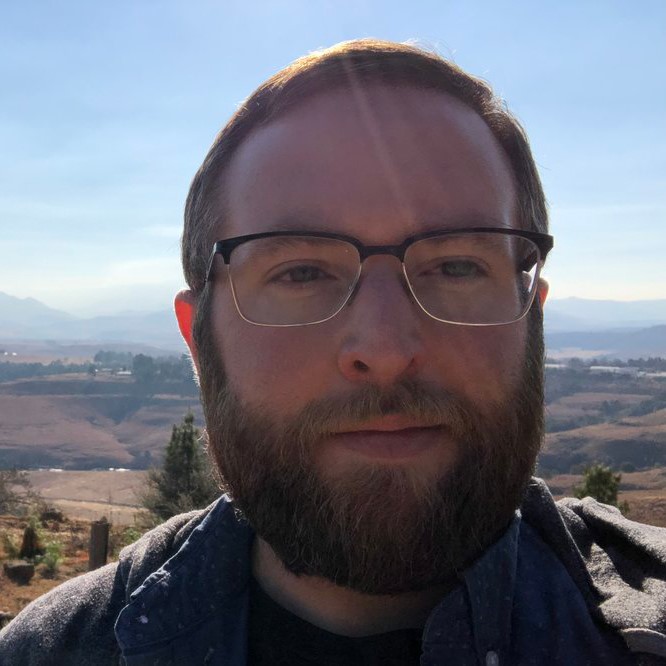
Project: “Documenting Xhosa clicks”
The Xhosa language (spoken in South Africa) is well-known for its clicks, but most descriptions rely on impressionistic observations or audio recordings. Little is known, for example, about the activity of the vocal cords during click production—which would normally be examined with a fiber-optic camera down the speaker's throat. This project uses electroglottography (EGG) to non-invasively document the production of Xhosa clicks. EGG uses external electrodes attached to the throat to measure electrical activity caused by movement of the vocal cords, providing a clear picture of click production.
Theresa Flanigan (Art History)
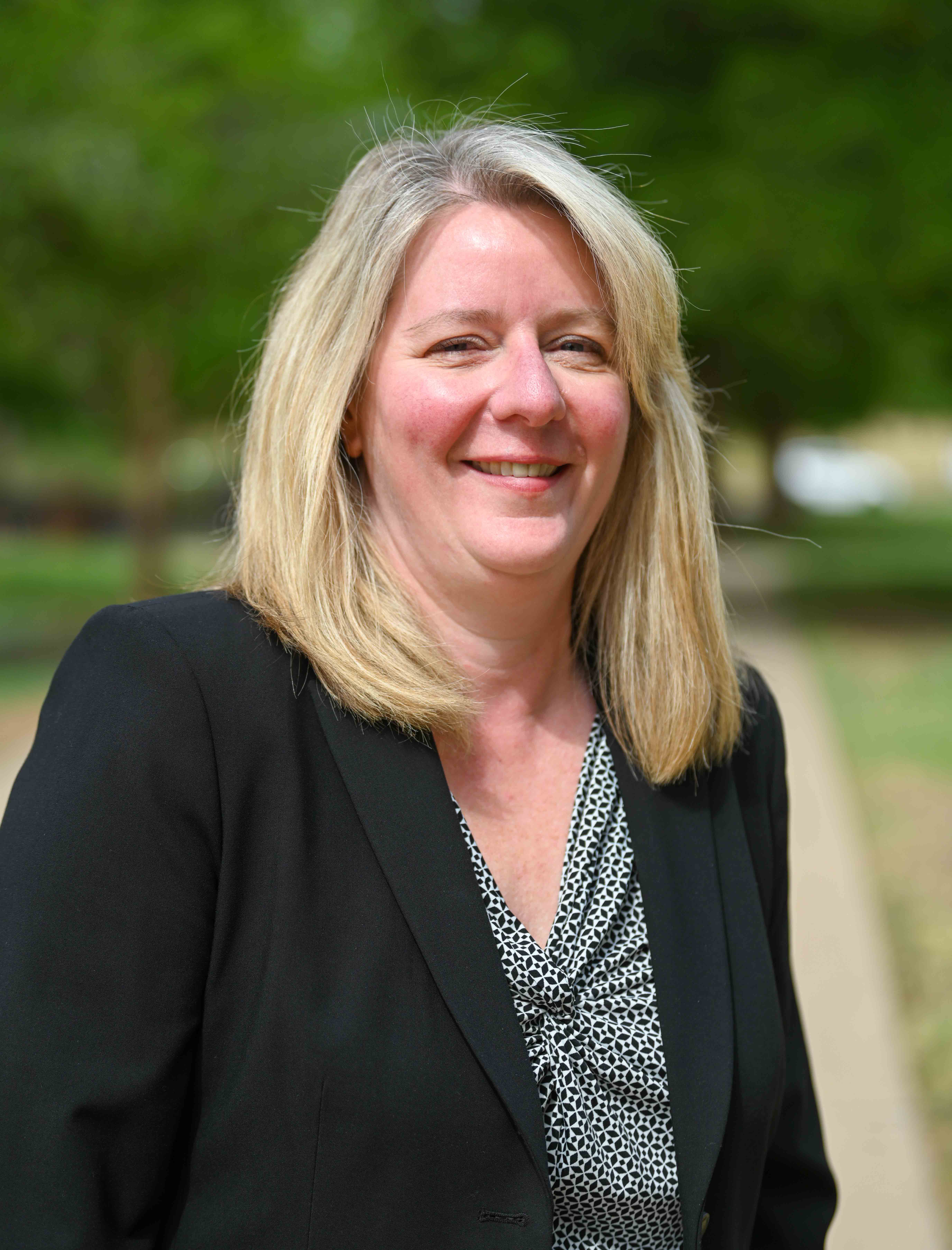
Project: “The Ponte Vecchio: Architecture, Politics, and Civic Identity in Late Medieval Florence”
The Ponte Vecchio (“Old Bridge”) with its famous gold shops, is one of the few remaining medieval examples of the urbanized or inhabited bridge type in all of Europe. It is also the oldest and most central bridge in Florence, and one of the city's most iconic civic landmarks. The current version of the Ponte Vecchio was built in the mid-fourteenth century, following a great flood of 1333. Despite its historical significance, the Ponte Vecchio has attracted very little scholarly attention. Only a handful of relatively brief monographs provide varying reconstructions and establish a general building history of the bridge. None of these previous studies, however, interpret this major civic commission within its fourteenth-century socio-political context. My forthcoming book, titled The Ponte Vecchio: Architecture, Politics, and Civic Identity in Late Medieval Florence, addresses this lacuna by offering the first in-depth contextual examination of the Ponte Vecchio based on a close analysis of the physical bridge and a systematic study of Florentine chronicles and archival records dating from approximately the 1250s to 1350. The Alumni College Fellowship I received from the Humanities Center funded summer travel to Florence, where I collected archival images and took photographs of the Ponte Vecchio for my book, including images in this presentation.
Sara Guengerich (Classical & Modern Languages & Literatures)
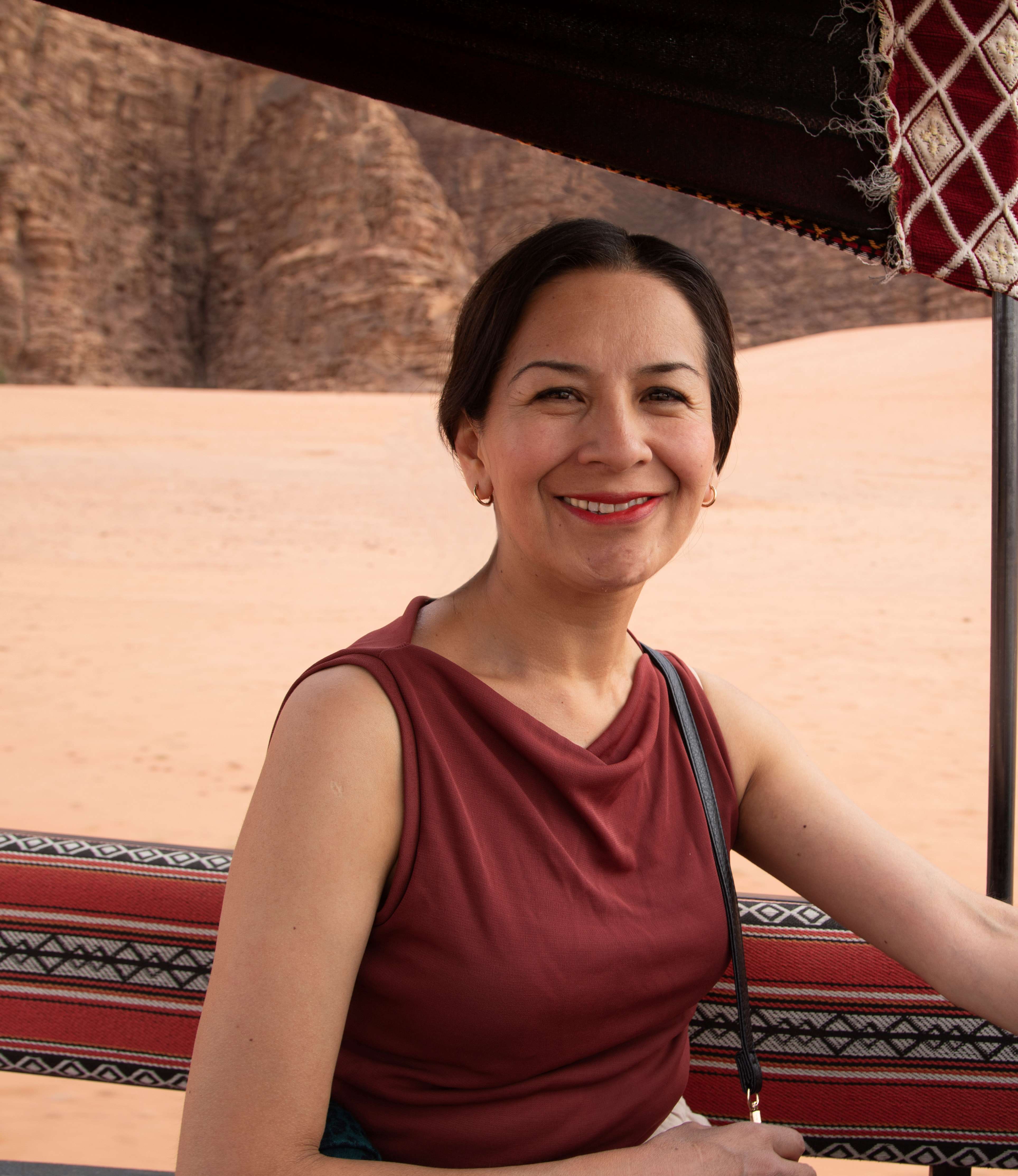
Project: "Ethnogenesis Through Material Culture: Urban Indians in Colonial Potosí
At the turn of the seventeenth century, the mining town of Potosí (in present-day Bolivia) was a place of undisputable opportunities, fabulous wealth, and utter misery. The discovery of silver in the mines of Potosí in 1548 revolutionized the economy of the early modern world. The social fabric of this mining urban setting was made up of Andeans, Africans, and Spanish fortune-seekers. Among them was a particular group of people, non-elite migrant indigenous women, many of whom engaged in commercial activities in a new mercantile economy and could seek beneficial living conditions. This presentation explores Potosí as a site of the development of a new colonial identity, a “new beginning” (ethnogenesis), among indigenous people, particularly females who redefined prestige goods into a tangible manifestation of status.
Steve Holmes (English)

Project: “Excluding to Include: Creating Change in Social Media Through Ethical Bans”
This project discusses the complicated ethics of banning on social media. Supplementing more philosophical approaches, Steve reports on interview data from social media content moderators regarding the ethical frameworks and values that they and their organizations draw on to make decisions about banning.
Katie Langford (Communication Studies)
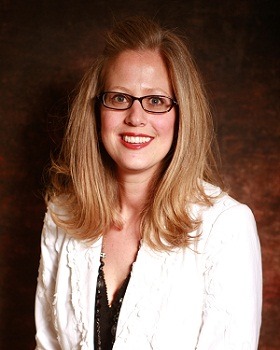
Project: “The Erasure and Creation of the Public Memory: A Study of Seneca Village”
Recent efforts to advance social justice have led scholars to attempt to rediscover the history and stories of the people of Seneca Village, a vibrant African American community located in the upper northwest side of Central Park. These residents were driven from their homes to form the park, resulting in the loss of a community of African American men able to vote in New York elections, as well as the erasure of their presence not only from the space of New York but also from the city's public memory for the better part of 150 years.
Jill Patterson (English)
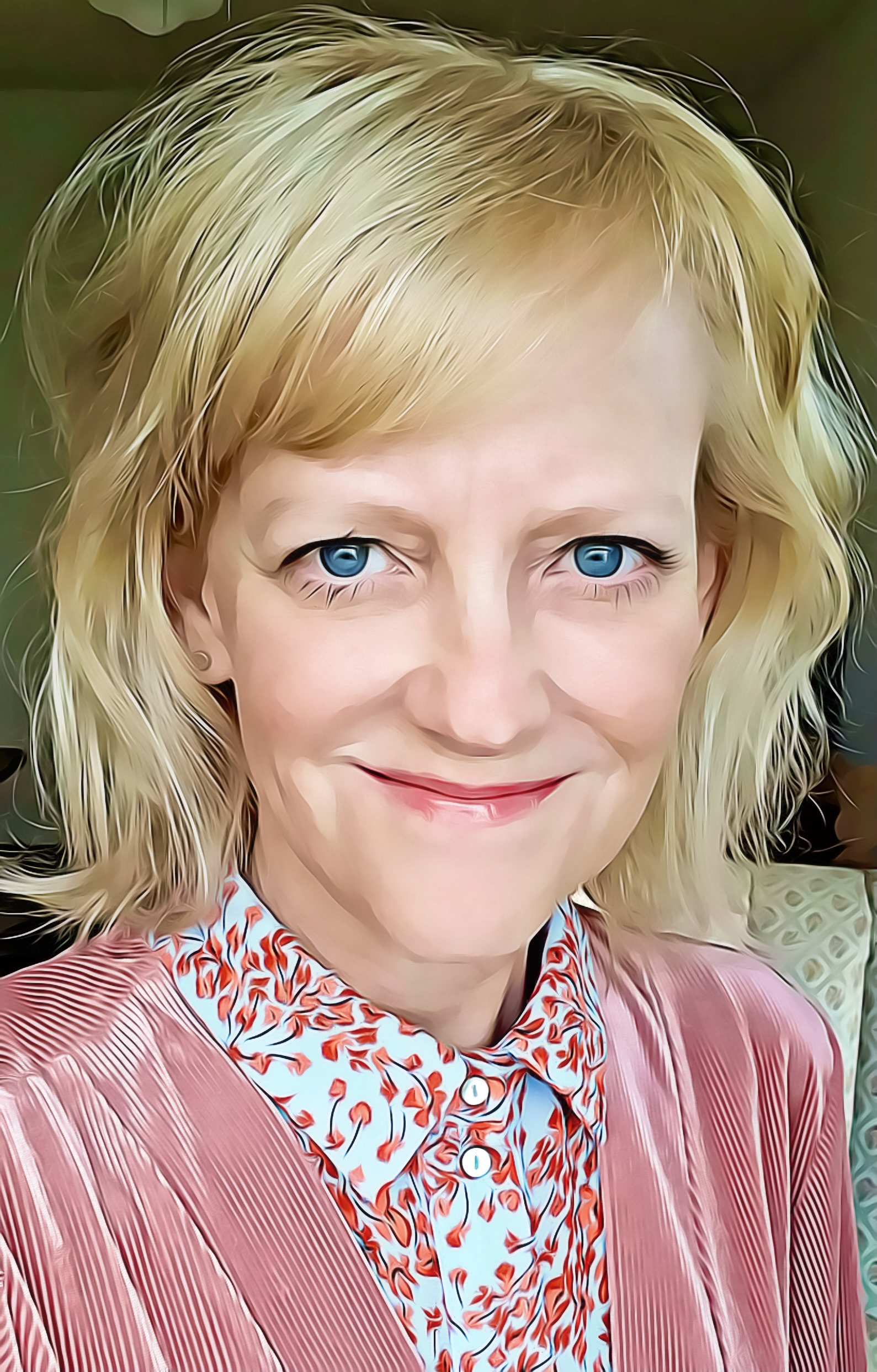
Project: “I Have Failed to Tell This Story 50 Times”
My overall project is a book-length lyric essay that narrates the 50 days of trial for The State of Texas v. Gabriel Hall, in which our team attempted to persuade a jury that Gabe Hall, who had entered the home of an couple, who resembled his adoptive parents, and murdered the husband and nearly killed the wife, qualified for Life Without Parole rather than a death verdict. When we failed and the jury, all of them teary-eyed or weeping, delivered their death verdict, the presiding judge entered our team's chambers, sobbing himself, saying he believed every word we had presented about Gabe's life at the hands of the Bluebell family (his adoptive parents). The portion of the manuscript I'll present at the Alumni College will focus on the days when Gabe's siblings testified against their parents (most of them disappeared into Christian retraining camps and eventually disowned at age 16) coupled with a discussion of the historic American habit of incarcerating or "schooling" immigrant children, whitewashing their identities and cleaving them from their families and culture.
Lisa Phillips (English)
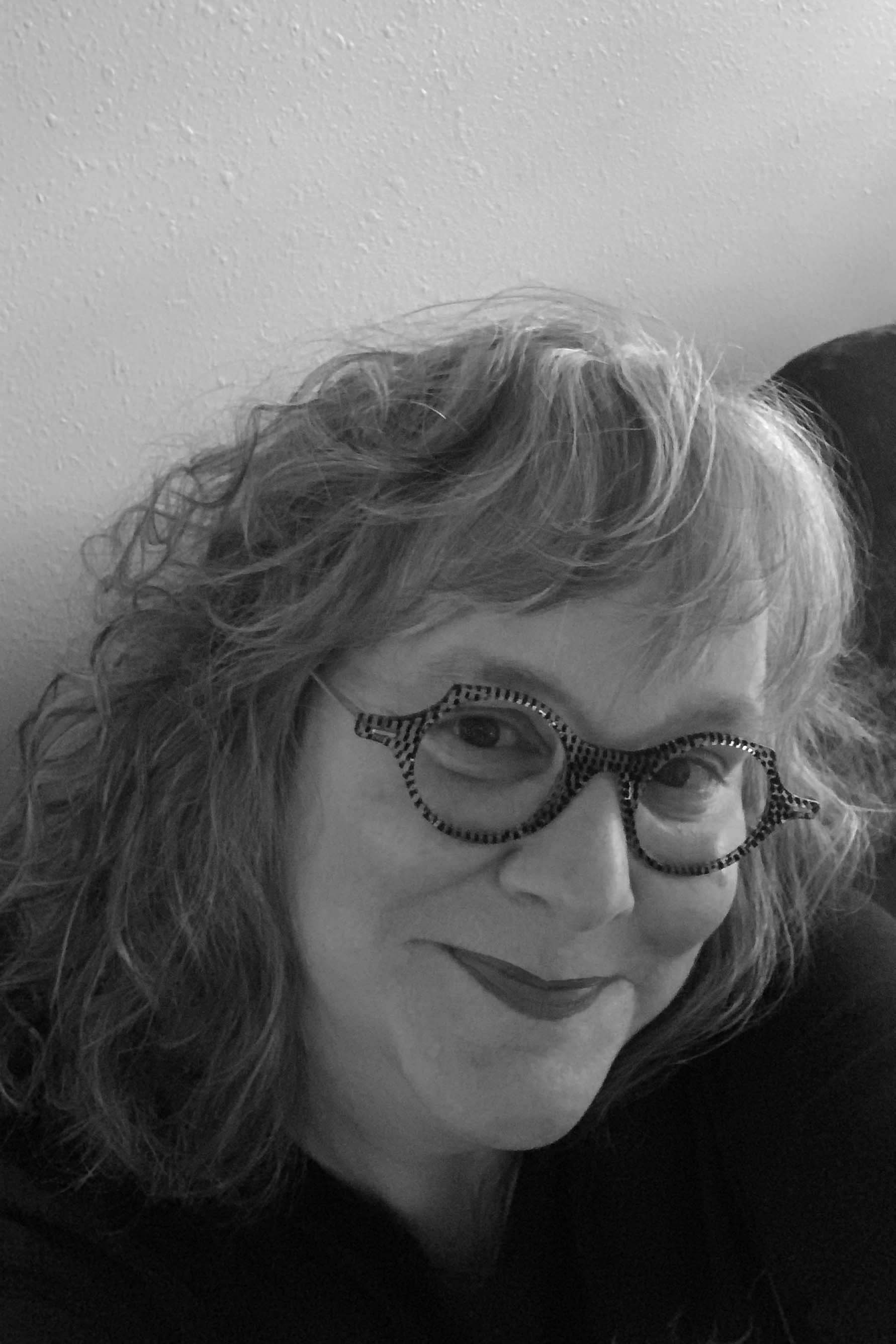
Project: "Sensing Hope in Environmental Injustice Zones"
Phillips evaluates environmental injustice, embodiment, and sensory rhetoric to examine how people deploy their bodies to sway policy in pursuit of environmental justice. The speaker presents case study results that pertain to Fresno and Pearland, Texas. Adjacent to an enormous landfill, both places are minority-majority communities in the Greater Houston metroplex. Community members deployed sensory rhetoric to underscore the results of environmental damage and created a coalitional "Odor Task Force" to address noxious emissions.
Victoria Surliuga (Classical & Modern Languages & Literatures)
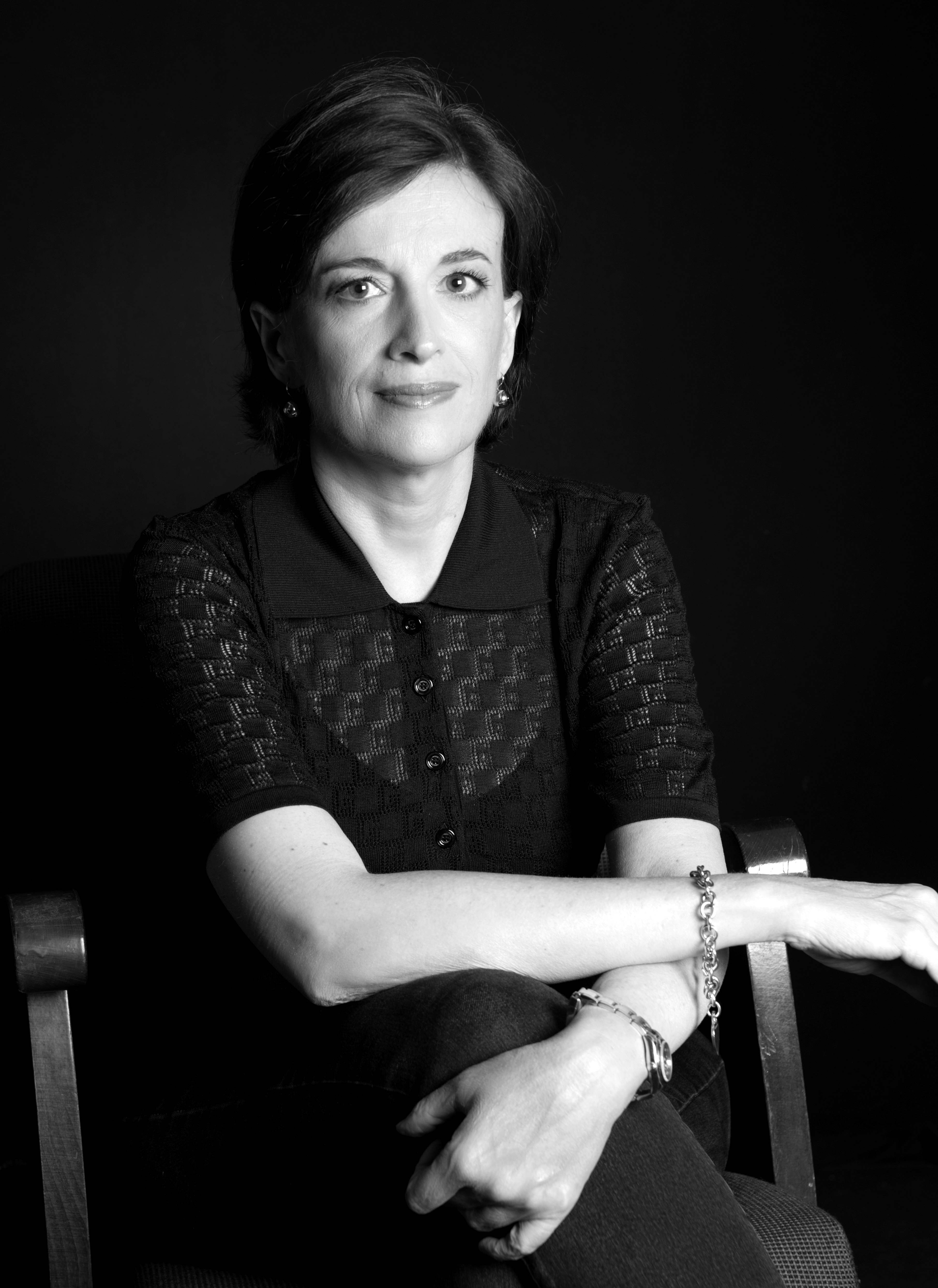
(Photo credit: Daniela Foresto)
Project: "The Fran Lebowitz's Tale: Masks of a Public Persona”
Fran Lebowitz has managed her public persona since the '70s, when she started writing for Warhol's Interview and Mademoiselle, and published her two main books, Metropolitan Life (1978) and Social Studies (1981). She is known internationally as a lecturer and star of both Martin Scorsese's documentary Public Speaking (2010) and Netflix series Pretend It's a City (2021). Following Hannah Arendt and Jürgen Habermas, in my talk I argue that Lebowitz mediates public, private, and celebrity status exclusively in the public sphere. Here she has constructed and established her public persona around specific “masks”: humorist, writer, public intellectual, speaker, political and social commentator, and TV personality. Lebowitz moves from the printed page to acting, shifting her persona from writing to the spoken word. This process creates a character that exists both on the printed page and in film according to modalities that generate interest precisely because they bypass the more commonly accepted rules of celebrity-making.
Jeffrey P. Williams (Sociology, Anthropology, and Social Work)

Project: “Documenting the Minorquí language of Spain”
Minorquí is a unique variety of Catalan as it is spoken only on the island of Menorca. It lacks a written variety making Minorquí susceptible to linguistic endangerment and erosion. Support from the Humanities Center Alumni College Faculty Fellowship program funded my in situ three-week period of fieldwork on the Minorquí language. Given that the language remains unwritten – only existing in spoken form – my project involves the digital recording of naturally-occurring discourse, formal elicitation sessions, and other linguistic activities with native speakers on the western end of the island (Cuitadella) where the linguistic and cultural traditions remain strongest.
Christopher Witmore (Classical & Modern Languages & Literatures)
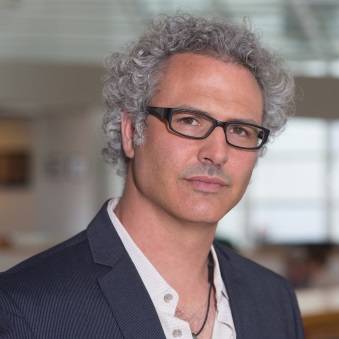
Project: “For Pasts Other Than History. The Archaeology of War at Sværholt”
We know a great deal about the history of WWII, which is arguably one of the periods
most saturated by eyewitness accounts, chronicles, legal documents, inventories, and
reports. And, all considered, it is probably the era of the Twentieth Century most
thoroughly studied by historians, whether professional or amateur. When set against
this discursive ground, the objects that remain at Sværholt, a Norwegian headland
that accommodated a German coastal artillery battery from 1942-1944, may seem redundant
and insignificant; at best, they offer themselves as material evidence, which serves
to supplement or enhance what is known about the historical events of World War II;
they present minute details that might be inscribed, or assimilated, into narrative
accounts of Arctic Norway's, and Europe's, history. So, what more can an archaeological
approach possibly add? This presentation will address this question with respect to
over a decade of archaeological research at Sværholt.
Lucas Wood (Classical & Modern Languages & Literatures)

Project: “Writing Chivalry, Conquest and Colonization in the Canary Islands: ‘Le Canarien'”
My article project, “Writing Chivalry, Conquest and Colonization in the Canary Islands: Le Canarien,” proposes the first comprehensive literary study of the 15th-century chronicle of the Canary Islands' 1402 conquest by French adventurers. The Canarien's ingeniously self-contradictory attempts to model its narrative and ideological structure on extant medieval genres and discourses dramatize the late medieval aristocracy's struggle to reinvent itself and its modes of textual self-fashioning in theory and practice in the context of a simultaneously real and imagined encounter with non-European lands and populations that combines elements of crusade, chivalric adventure, “marvelous East” travelogue and early modern-style settler colonialism.
Elissa Zellinger (English)
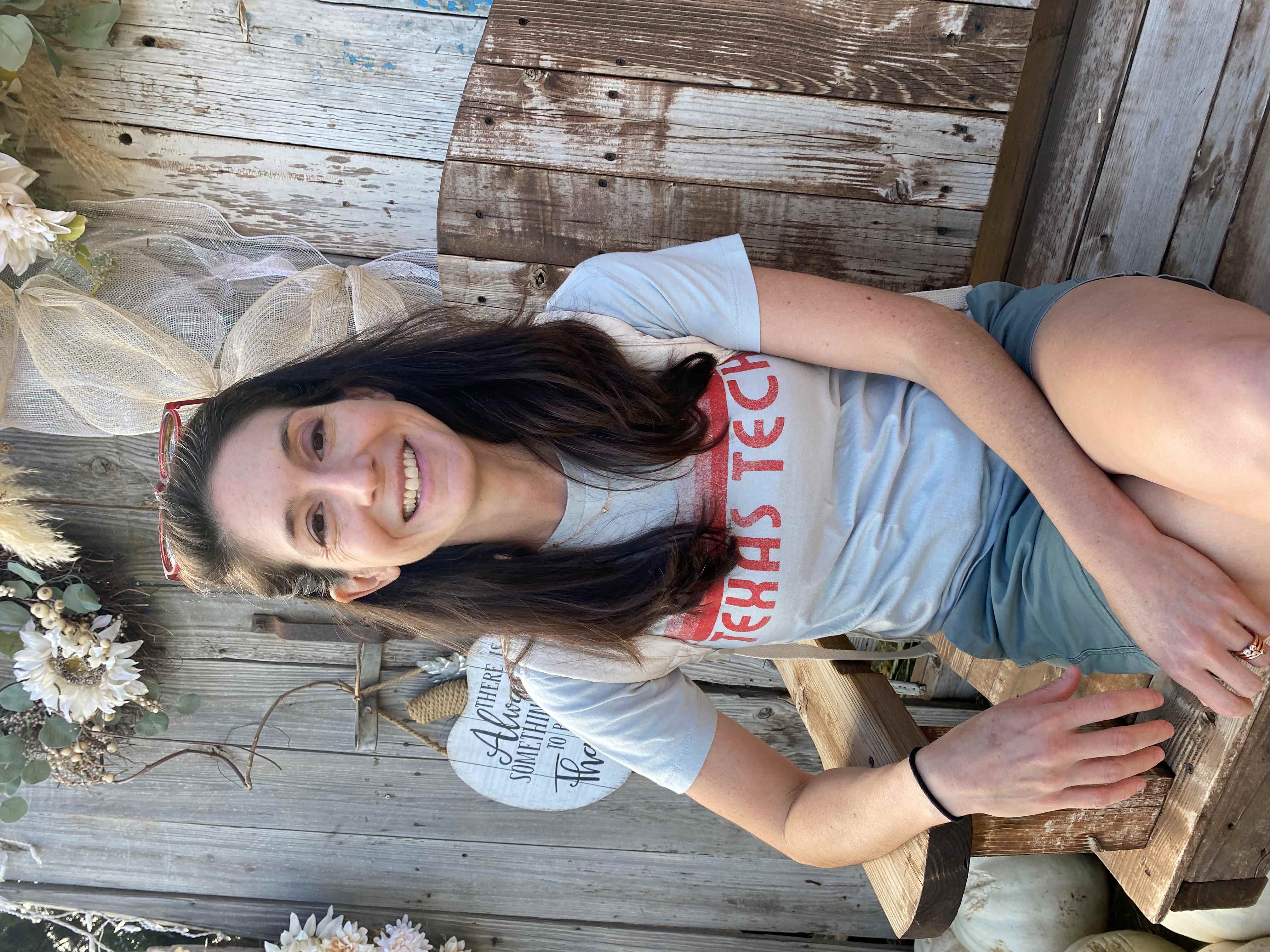
Project: “Emma Lazarus: Professional Exile”
This project explores predominant ethno-democratic visions in the late nineteenth century by discussing Jewish poet Emma Lazarus. I foreground a theme in Lazarus's poetry that has been hiding in plain sight: galut, or exile. Such a focus is perhaps most explicit in her memorial and occasional poems. These poems commemorate Jewish exile for a late nineteenth-century US public sphere where a marked antisemitic environment prodded Jews to adopt a position of social ambivalence. By memorializing a shared Jewish exile, Lazarus realized two ends. First, she re-envisioned the very Jewish identity that an assimilated American Jewry could no longer see. Second, her poetry pushed American Jews to muster a more combative response to antisemitism in US society and abroad. My point of departure is Lazarus's most famous poem, “The New Colossus” (1883), which served as a fund-raising device for Auguste Bartholdi's statue, Liberty Enlightens the World. Lazarus's participation in these efforts signaled her status as a poetic professional, one whose public recognition could compel donations for the monument or, more broadly, action from the US Jewish community. From her professional platform, Lazarus urged other American Jews to develop a professionalism
Humanities Center
-
Address
Texas Tech University, 2508 15th Street, Weeks Hall 221, Lubbock, TX 79409-1002 -
Phone
806.742.3028 -
Email
humanitiescenter@ttu.edu
